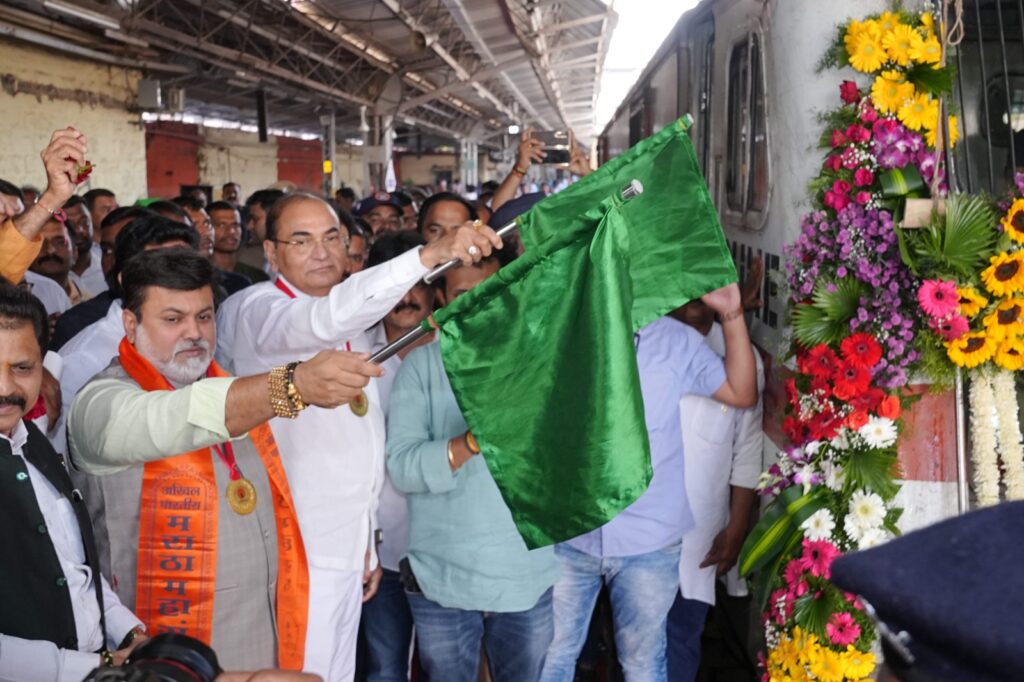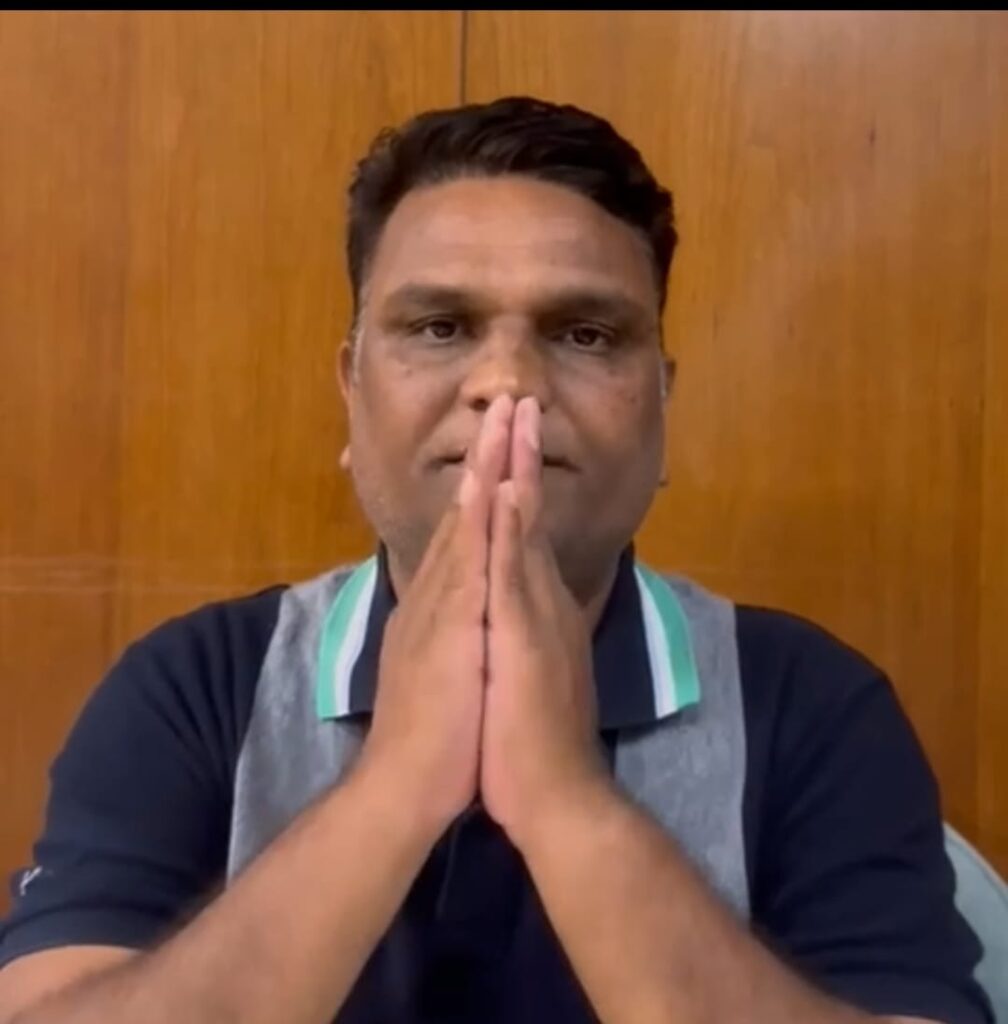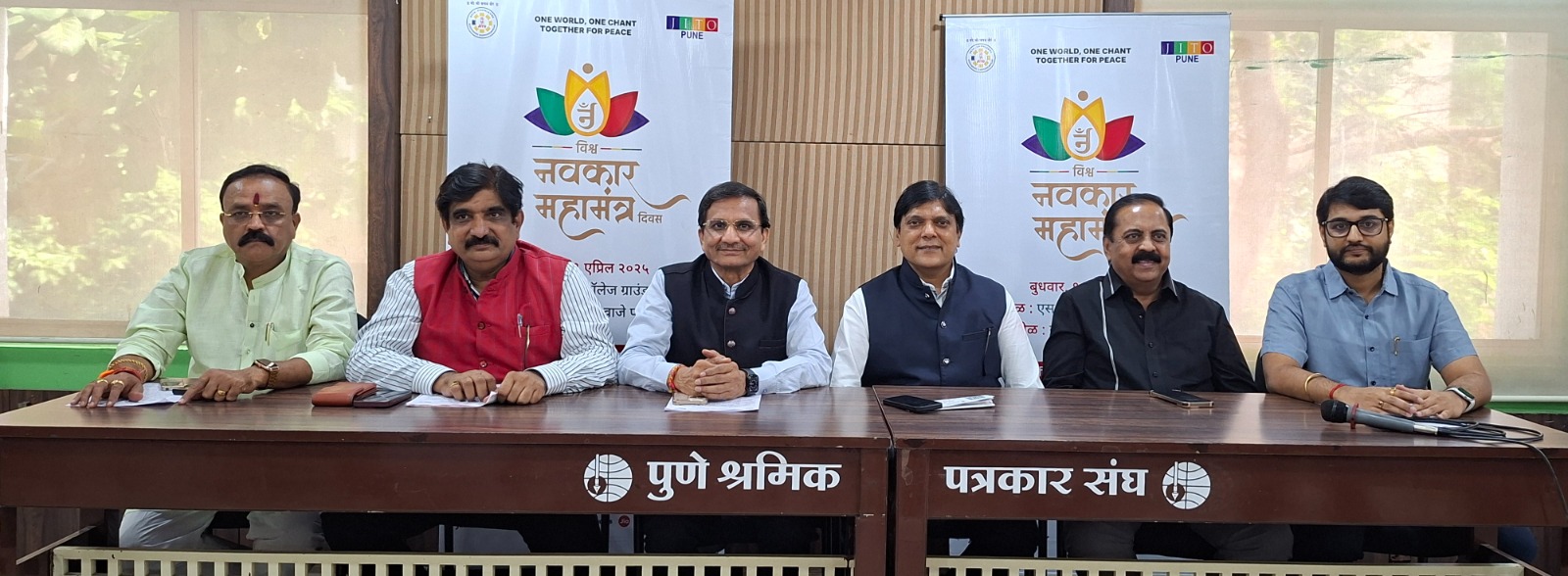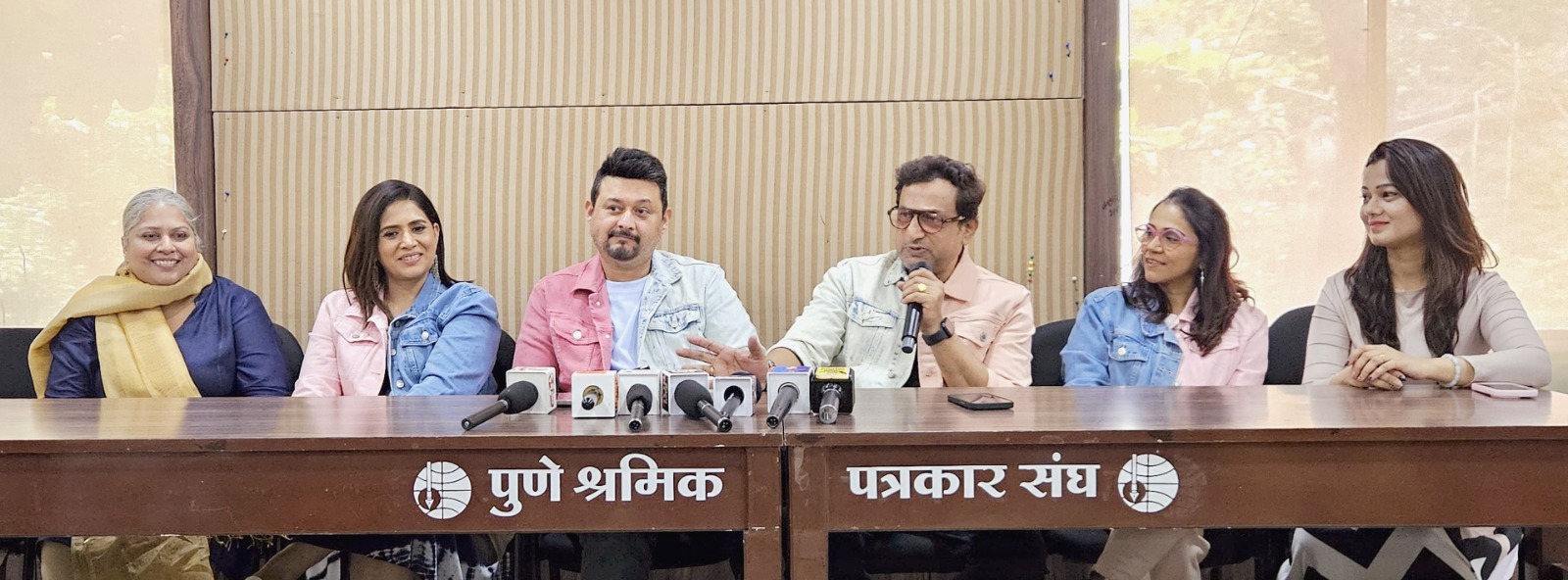Now Reading: Pune Police Enforce One-Month Ban on Drones, Paragliders, and Aerial Devices to Strengthen City Security
-
01
Pune Police Enforce One-Month Ban on Drones, Paragliders, and Aerial Devices to Strengthen City Security
Pune Police Enforce One-Month Ban on Drones, Paragliders, and Aerial Devices to Strengthen City Security
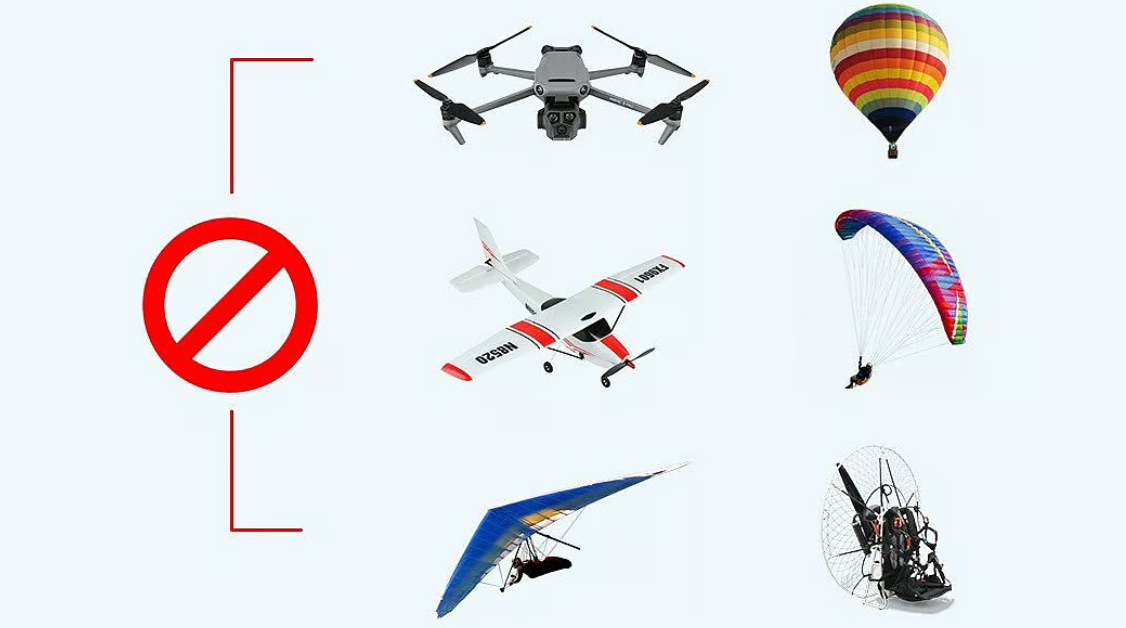
In a move aimed at strengthening public safety and preventing potential security threats, the Pune Police have imposed a temporary ban on drones, paragliders, hot air balloons, and other aerial objects across the city. The order, which came into immediate effect, will remain in force for one month and applies to both residents and visitors.
What’s Banned and For How Long?
The order restricts the use of all unmanned aerial vehicles (UAVs), including drones, microlight aircraft, paragliders, paramotors, hang gliders, and hot air balloons. These devices are now prohibited from flying within Pune’s jurisdiction until further notice.
The restriction is valid for 30 days and is seen as a precautionary step to deter any potential aerial threats during this sensitive period. While the city hasn’t disclosed a specific threat, the police are treating the move as a preventive measure in light of increased activity and upcoming public events.
Why Has the Ban Been Imposed?
The main reason for this decision is to eliminate the possibility of misuse of aerial platforms by anti-social or terrorist elements. With drone technology becoming increasingly accessible, there’s growing concern that such devices could be used to harm VIPs, VVIPs, or disrupt public gatherings.
The Pune Police have cited potential attacks or disturbances as a key reason behind the ban. Aerial objects can be used to smuggle harmful items, conduct unauthorized surveillance, or even carry out attacks — making them a security risk if left unchecked.
Not the First Time for Pune
This isn’t the first time such a ban has been enforced in the city. Pune authorities have previously restricted the use of aerial equipment during high-profile events and major festivals.
During Ganeshotsav celebrations, when lakhs of people gather on city streets, similar restrictions were placed to avoid any untoward incident. Similarly, whenever national leaders such as the Prime Minister have visited the city, drone bans have been routinely implemented as part of the security protocol.
These recurring restrictions indicate a pattern of proactive policing that aims to prevent threats before they escalate.
Legal Consequences for Violations
The police have made it clear that anyone found violating the order will face legal consequences. Offenders will be booked under Section 188 of the Indian Penal Code (IPC), which deals with disobedience to orders promulgated by public servants.
The section allows law enforcement to take swift action against individuals who knowingly ignore official directives — which means even unintentional drone flights could attract penalties if proper permissions are not in place.
Are There Any Exceptions?
Yes, there are exceptions — but only a few. The ban does not apply to aerial operations conducted by Pune City Police or any other activity that has received written authorization from the office of the Deputy Commissioner of Police (Special Branch).
This means official drone surveillance, law enforcement operations, or emergency rescue tasks that require aerial monitoring will still be permitted, ensuring essential services are not affected.
A Call for Public Support
The Pune Police have appealed to citizens to cooperate with this temporary restriction. Public support is crucial in enforcing the ban effectively and maintaining a secure environment. Authorities have also encouraged residents to report any unauthorized drone or aerial device activity they may observe in their neighborhood.
Such vigilance from the public can serve as an added layer of protection, helping law enforcement respond quickly to suspicious activity.
Balancing Innovation and Safety
While drone and aerial technology offer various benefits — from aerial photography to delivery systems — the flip side remains a concern for security agencies. Balancing innovation with public safety is a challenge cities around the world are facing.
Pune’s move highlights the importance of setting clear boundaries for emerging technologies, especially in urban areas with dense populations and frequent public gatherings.
What Lies Ahead?
The one-month ban could be extended or modified depending on the situation. With major festivals and political gatherings on the horizon, the police may choose to review and renew the order to ensure continuous safety.
Going forward, residents and drone enthusiasts may need to be more mindful of permissions and guidelines to avoid legal trouble and contribute to a safer city environment.
Stay Informed With the Latest & Most Important News
Previous Post
Next Post
-
 01Sleep Science Shows Why Quality Matters More Than Duration
01Sleep Science Shows Why Quality Matters More Than Duration -
 02Western Maharashtra’s Kirtankars Winning Hearts Through ‘Kon Honar Maharashtra Cha Ladka Kirtankar’
02Western Maharashtra’s Kirtankars Winning Hearts Through ‘Kon Honar Maharashtra Cha Ladka Kirtankar’ -
 03Pune Man Duped of ₹1.35 Lakh in Online Dating Scam: A Cautionary Tale for Digital Romance Seekers
03Pune Man Duped of ₹1.35 Lakh in Online Dating Scam: A Cautionary Tale for Digital Romance Seekers -
 04Mantra Closes ₹1020 Cr Year with New Luxury Brand ‘Burgundy’, Redefines Urban Living in Pune
04Mantra Closes ₹1020 Cr Year with New Luxury Brand ‘Burgundy’, Redefines Urban Living in Pune -
 05Pregnant Woman Dies After Pune Hospital Denies Admission Over ₹10 Lakh Fee, Govt Orders Probe
05Pregnant Woman Dies After Pune Hospital Denies Admission Over ₹10 Lakh Fee, Govt Orders Probe -
 06Pune’s ₹300 Crore Investment Scam: Absconding Couple Traced to Thailand, Police Launch Extradition Efforts
06Pune’s ₹300 Crore Investment Scam: Absconding Couple Traced to Thailand, Police Launch Extradition Efforts -
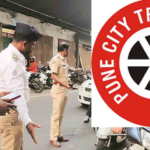 07Pune RTO Sets New Benchmark: Earns Record ₹59.36 Crore From Fancy Number Auctions in FY 2024-25
07Pune RTO Sets New Benchmark: Earns Record ₹59.36 Crore From Fancy Number Auctions in FY 2024-25



